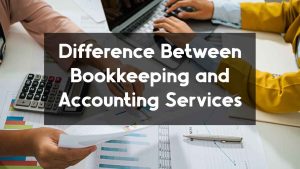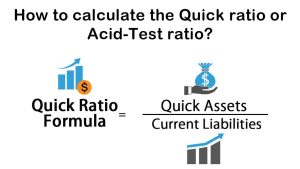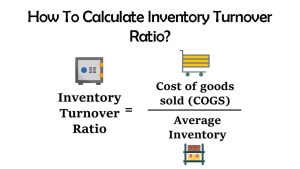Advantages of Accounting: The primary goal of maintaining accounting books is to obtain knowledge on the financial situation of a company’s operations.
Basic Advantages of Accounting That You Must Know
Maintaining long-term business records.
In general, a large number of transactions would be involved in a business transaction. Using it, you can keep track of all financial transactions during that particular, fiscal year.
An orderly system.
Accounting is a method of displaying business transactions in books of accounts in a structured manner. Business transactions are represented comprehensively and systematically using this method. Accounting maintains a track of every company transaction and conducts an assessment of it.
It helps in making a decision.
Making decisions is the most important job of management. Using accounting information, management can make intelligent choices regarding the selling price, the deduction of costs, and the boost in sales, among other things.
Obtaining an estimate for the value of a company.
The true and fair value of the company is determined. Accounting plays a role in ensuring that the balance sheet depicts the right image, which is then utilized to calculate the purchase price.
It helps in the financing.
When company owners wish to grow their operations, they take out loans to do so. The profitability of a company is taken into consideration when financial institutions provide loans to it. This may be determined by taking a look at the financial statements of the organization.
Evidence in court.
Firm transactions are documented in books, which often include evidence in a court of law if the company is sued for damages.
Following the law.
When you start a company, you would have to communicate with a range of government offices, such as the income tax department, the GST department, and so on. Accounting assists in the filing of different returns with the appropriate government agencies.
Prepare financial statements in accordance with accounting principles.
If an accurate transaction record is followed, financial statements such as trading and profit and loss accounts, as well as a balance sheet, maybe created quickly and efficiently.
Results can be compared.
Through the use of year-to-year comparisons, it facilitates the analysis of the financial outcomes of a business.
Audits.
The auditor performs an audit of the accounting books and issues an audit certificate, and it demonstrates there were no abnormalities in the company’s financial records.
Effective Management.
Accounting ensures that management receives timely and accurate information on the financial health of their firm. Additionally, it allows management to make more informed strategic business choices while also more effectively regulating various company operations. Using appropriate accounting, it is possible to assess the overall success of a company.
Cost control.
It aids in the identification and reduction of company expenditures in order to enhance earnings, which is beneficial in the budgeting process.
Inter and intra-comparison.
The term “inter comparison of accounts” refers to a comparing of financial statements done between two separate businesses for the same time. The term “intra comparison” refers to a comparison performed among two separate eras for the same organization. The performance of the company is evaluated, and objectives and inadequacies may be identified in advance of the comparison.
Fraud, mistakes, and forgeries are all avoided by proactive measures.
It aids in the quick implementation of fraud prevention and detection strategies and procedures.
Accounting contributes to the overall development of a company and aids in the tracking of the financial transactions of that company, among other things. Accounting is the most effective method of carefully analysing the progress, objectives, and limitations of a company.



